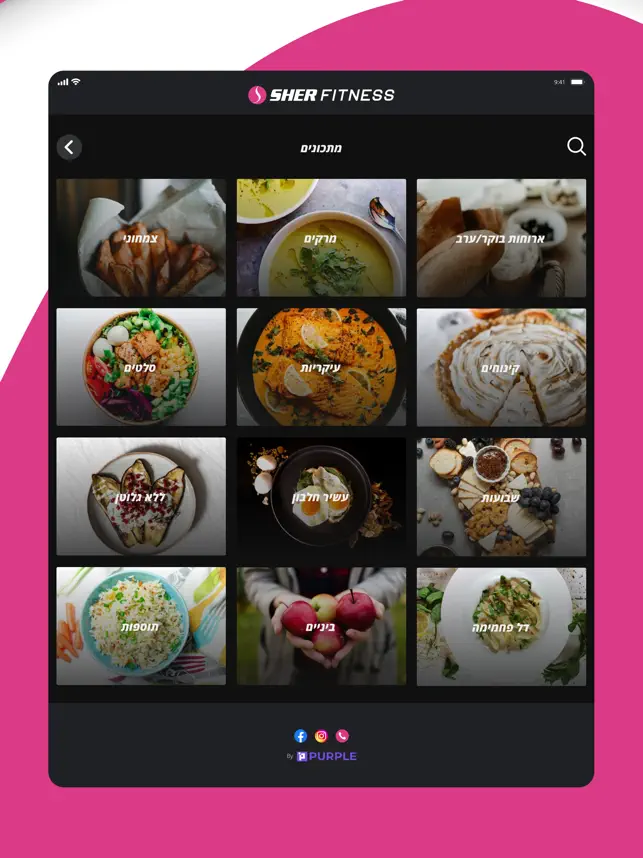Ionic is a popular open-source framework for building cross-platform mobile applications using web technologies such as HTML, CSS, and JavaScript. Here are compelling reasons to use Ionic in your project:Cross-Platform Development Ionic allows you to build mobile applications that run on multiple platforms, including iOS, Android, and the web, using a single codebase. This cross-platform capability reduces development time and effort compared to building separate native apps for each platform.Web Technology Stack Ionic leverages web technologies, making it accessible to developers with expertise in HTML, CSS, and JavaScript. This approach enables web developers to transition to mobile app development without the need to learn platform-specific languages.Single Codebase With Ionic, you maintain a single codebase for your mobile app. This simplifies the development process, reduces duplication of effort, and ensures that updates and enhancements are applied consistently across all supported platforms.Pre-Built UI Components Ionic provides a library of pre-built UI components, such as buttons, forms, navigation, and layouts. These components follow the design guidelines of each platform, resulting in a native-like look and feel for your application.Themable Design Ionic allows you to customize the appearance of your app with themes and styling. You can easily apply themes or create a custom look to match your brand, providing flexibility in design while maintaining a professional and polished appearance.Native-Like Performance Ionic utilizes native hardware acceleration to achieve near-native performance for mobile applications. This ensures a smooth and responsive user experience, comparable to that of native apps.Integration with Angular Ionic is built on top of Angular, a powerful and widely used JavaScript framework. This integration with Angular provides a structured and scalable architecture for building complex mobile applications with features like dependency injection and modular development.Cordova Plugins Ionic seamlessly integrates with Apache Cordova, allowing you to access native device features using Cordova plugins. This opens up possibilities for incorporating device functionalities such as camera, GPS, and push notifications into your mobile app.Community and Ecosystem Ionic has a vibrant community of developers and a rich ecosystem of plugins, extensions, and themes. The community actively contributes to the framework's development, provides support, and shares resources, making it easier for developers to find solutions and resources.Rapid Prototyping Ionic is well-suited for rapid prototyping and iterative development. The framework enables quick testing and deployment of changes, facilitating a faster development cycle and making it easier to gather feedback from stakeholders.Offline Functionality Ionic supports offline functionality through the use of Service Workers. This allows users to access certain features of the app even when offline, enhancing the user experience in various scenarios.Progressive Web App (PWA) Support Ionic facilitates the creation of Progressive Web Apps (PWAs) that offer a native app-like experience on the web. PWAs provide advantages such as offline access, fast load times, and the ability to be installed on users' devices.Ionic Capacitor Ionic Capacitor is a cross-platform runtime that allows Ionic apps to run natively on iOS, Android, Electron, and the web. Capacitor provides enhanced native functionality, making it a versatile solution for a variety of deployment scenarios.Ionic is a versatile and efficient framework for cross-platform mobile app development, offering benefits such as a single codebase, web technology stack, native-like performance, and a supportive community. Whether you're a web developer looking to enter the mobile space or seeking a cost-effective way to build and maintain cross-platform apps, Ionic is a strong candidate for your project.
Technology Image









